The biggest Oscar snub last year came with Anthony Hopkins winning Best Actor over Chadwick Boseman. The Academy often makes mistakes that are hard to acquit. Most of these are erroneous judgments in the Best Picture category. As much as we remember films that take home the prestigious Oscar, it’s hard to forget those that are unfairly overlooked. Oscars have had a long history of not recognizing films that truly deserved Best Picture. From Citizen Kane, 2001: A Space Odyssey to Roma, the list is long. In fact, most of these films that were controversially ignored went on to become more memorable than those that received the Oscar statuette. Apocalypse Now, Goodfellas, Saving Private Ryan, Brokeback Mountain, and Amour are some that are still revered, while those that won the Best Picture in the respective years have largely been forgotten.
Of course, a film’s worth isn’t always determined by the trophies it wins. Moreover, the reputation Oscar awards carry often leads to one controversy after another. No doubt, the Academy has awarded the deserving on numerous instances — Casablanca, The Godfather, Amadeus, Unforgiven, No Country for Old Men, and Parasite. But it’s frustrating when the most prestigious award of the night is handed over to a less deserving film. There have been several such infamous omissions in the past. Here go the 10 biggest Oscar Best Picture snubs in the history of Academy Awards:
Best Picture Oscar Snubs
1. Citizen Kane (1941)
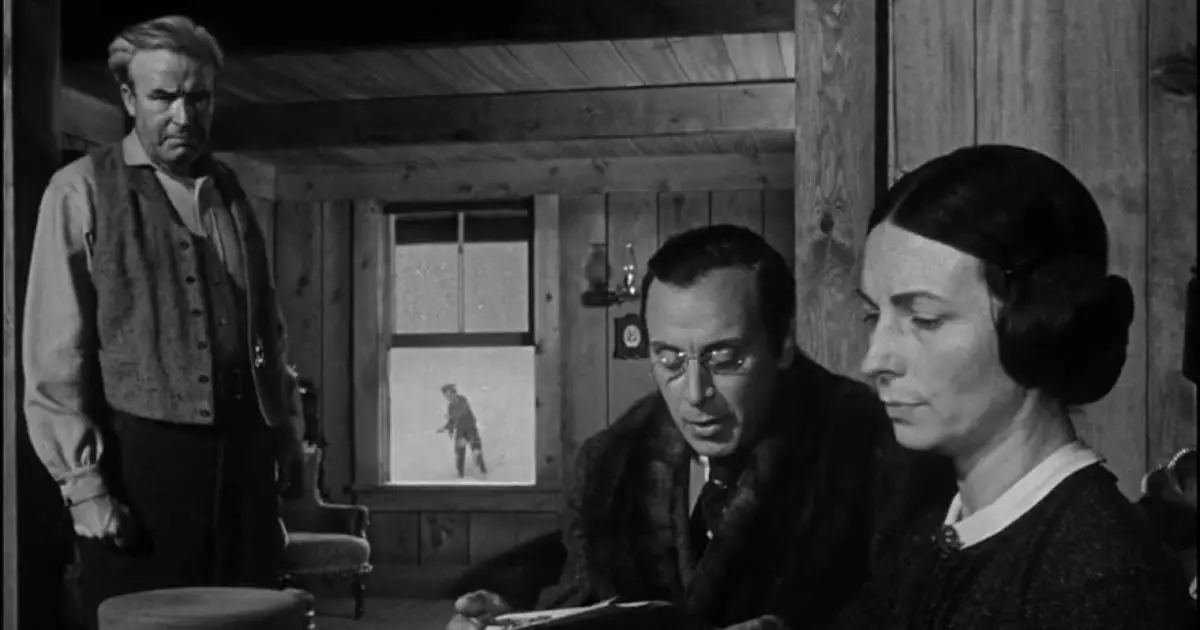
Acknowledged as the bedrock of modern cinema, Citizen Kane was Orson Welles’ masterpiece. It was one of those classics that every cinephile needs to revisit again and again. At a time when Hollywood wasn’t experimenting much in terms of aesthetic innovation, Welles tried to do something different. He brought upon a novel approach to filmmaking, highlighting the significant difference made to a film by good editing and cinematography.
Though Citizen Kane was respected by critics during its time, it didn’t receive the kind of acclaim later bestowed upon by cine enthusiasts and film scholars. Moreover, William Randolph Hearst, the real-life newspaper magnate who was the inspiration behind Kane’s characterization, attacked the movie, and subsequently led to the film’s failure at the box-office. Oscars more often choose people’s favorite movies of the year. In that manner, John Ford’s social drama How Green Was My Valley, did the right politicking and campaigning to win the top award.
Read: Where Can I Watch Oscars 2024
2. The Third Man (1949)
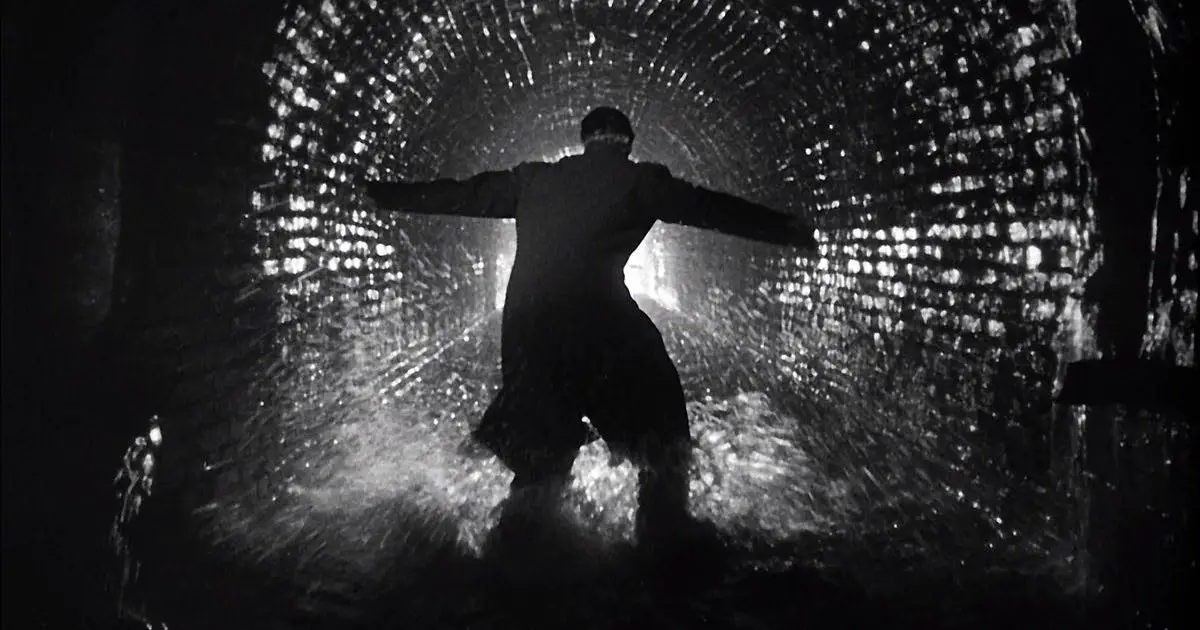
Eight years after the release of Citizen Kane, its helmer played the pivotal role in Carol Reed’s British film noir. Orson Welles also penned the script alongside Reed and novelist Graham Greene. Recognized as one of the best British films of all time, Carol Reed’s The Third Man was a thrilling as well as a brilliantly shot post-war noir. Mocking the tragedy of Vienna, it was about three men who were responsible for some guy’s murder. As the title hints, the story revolved around the third person, whom we were never briefed about, until the final act. Unfortunately, it didn’t even get a nomination in the Best Picture category.
Only a handful of times British movies have won a Best Picture Oscar. In fact, in the 93 year-history of Oscars, Parasite was the first non-English film to collect the topmost prize. It’s also important to note that 1948 is the year a British film won its first Best Picture Oscar (Hamlet). So though a great masterpiece that’s still revered across the globe, the odds were not in favor of The Third Man.
3. Singin’ in the Rain (1951)

Taking into consideration the perennial love of the Academy for musicals, it’s baffling to comprehend why Singin’ in the Rain wasn’t rewarded. Anyone who has seen the film will think twice before calling La La Land an original piece of work. Damien Chazelle’s 2016 Oscar favorite was hugely inspired from Stanley Donen’s work. Precise in portraying the transition of Hollywood from silent films to talkies, it depicted the concealed truth of the industry, albeit in a comical way, padded by phenomenal performances (Gene Kelly, Debbie Reynolds). Tragically, the award went to Cecil DeMille’s The Greatest Show on Earth, one of the least deserving Oscar winners.
Till 2021, ten musicals have won the Best Picture. Interestingly, only a year before Singin’ in the Rain, a musical comedy a musical comedy got the top prize (An American in Paris). And so it’s shocking the Academy didn’t even consider a nomination for the film.
4. Vertigo (1958)
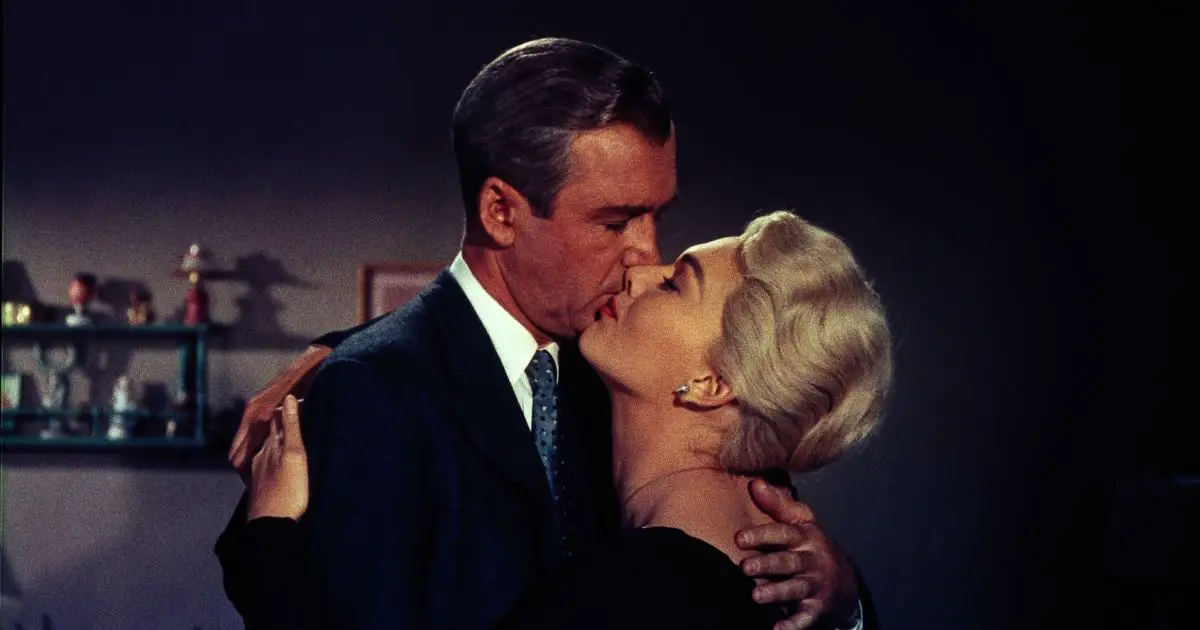
Hitchcock and The Academy were always at odds with each other. Therefore, it doesn’t come across as a big surprise that one of the master’s finest films didn’t get nominated for the Best Picture. Before you begin to question the reputation of the jury, know that Vertigo did win a couple of awards in the technical department. The film opened to mixed reactions, with critics complaining about its exceeded runtime for a murder mystery. That marred its chances of getting recognition. It was only a few years later when Alfred’s tour de force was reevaluated and earned universal acclaim.
That year the Best Picture Oscar went to the forgettable, light-weight musical Gigi. It’s amusing the rest of the films nominated in the category couldn’t even match up to the caliber of Hitchcock’s mastery. Unfailingly then, Vertigo goes down as the greatest snub in Oscar history.
5. Spartacus/Psycho (1960)

The Academy continued to dishearten Hitchcock fans as they snubbed another excellent Alfred Hitchcock film. Psycho, as we know, was an ingenious film. The very first and imaginative ‘slasher-flick’ of our time, it redefined the horror genre. But perhaps it was too vague for the jury’s liking. The other film released that year was Stanley Kubrick’s Spartacus.
If the former deserved at least a nomination, the latter deserved to win it. The Academy often overlooked Kubrick, one of the most visionary and influential directors we’ve ever had, several times. With Spartacus, he was comparatively more unfortunate than Hitchcock. Going more classical and less experimental, his film was about the Roman Servile Wars (starring Kirk Douglas and Tony Curtis). While it won four awards of the six nominations it received, it also didn’t receive a nomination in the Best Picture category. Nevertheless, Billy Wilder’s The Apartment which won the award was a fascinating romance drama.
6. Dr. Strangelove (1964)
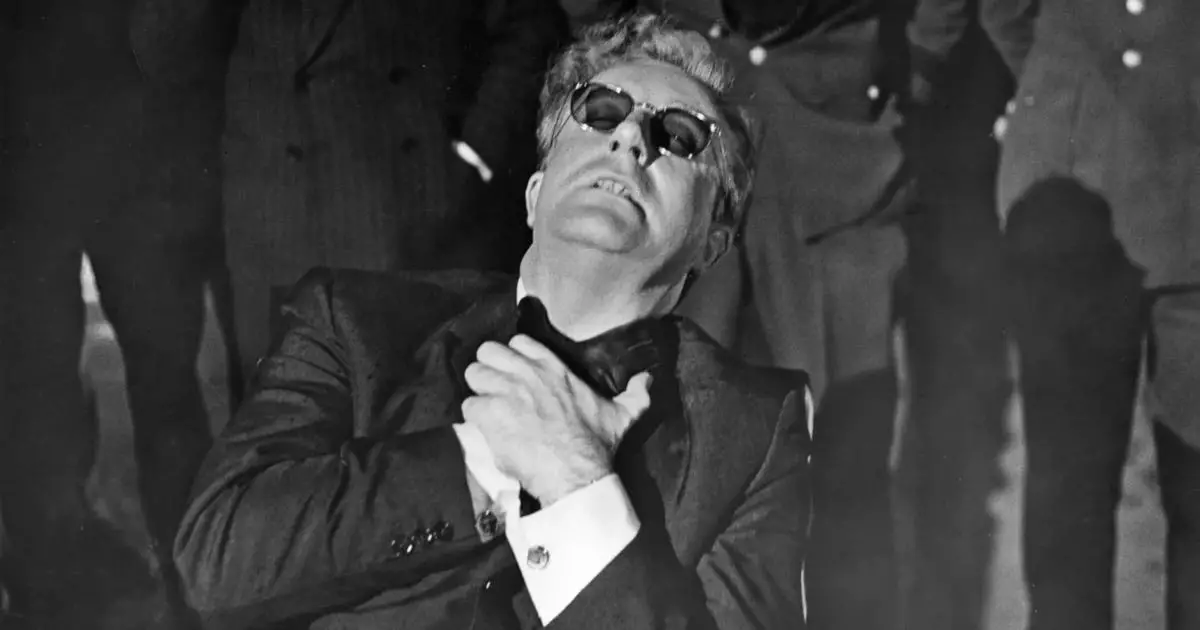
The Cold War confrontation between America and Russia reached its threshold in the 1960s. The fear over nuclear warfare was ubiquitous. Master craftsman Stanley Kubrick reflected on this atmosphere of paranoia through his 1964 dark comedy. It’s an ingenious political satire that unfortunately stays relevant. There’s no victory in nuclear warfare, and that is brilliantly emphasized through the absurdly funny behavior of ruling men.
Dr. Strangelove was nominated in the Best Picture category. Nevertheless, it was predominantly a fight between My Fair Lady (which eventually won) and Mary Poppins. More infuriating was the fact that Dr. Strangelove wasn’t even nominated for Best Screenplay. In fact, after Hitchcock, Kubrick became The Academy’s most snubbed great filmmaker. His 2001: A Space Odyssey which re-defined sci-fi genre didn’t receive the Best Picture nomination.
7. 2001: A Space Odyssey (1968)

As I mentioned above, 2001 is a superlative sci-fi film that was way ahead of its time, and has been an inspiration for many. Becoming a cornerstone in the history of cinema, it was a fine example of a man’s reach and potential in the space-age. Kubrick questioned the possibilities of human evolution in the ever-expanding cosmos without ever making it sound conventional. The script, the characters (HAL 9000), the music and obviously, the visuals were all unforgettable.
Sci-fi cinema never had a chance in winning the Best Picture Oscar. E.T. and Star Wars received a nomination. Guillermo del Toro’s science fantasy, The Shape of Water (2017) set a new record in the Best Picture category. But back in 1968, The Academy wasn’t ready to bestow its top prize to an abstract sci-fi movie that subverted all the narrative conventions. Naturally, it went with an easy choice. Carol Reed’s musical Oliver! It’s interesting how the masterful British filmmaker received an award for his least deserving work.
8. Days of Heaven (1978)
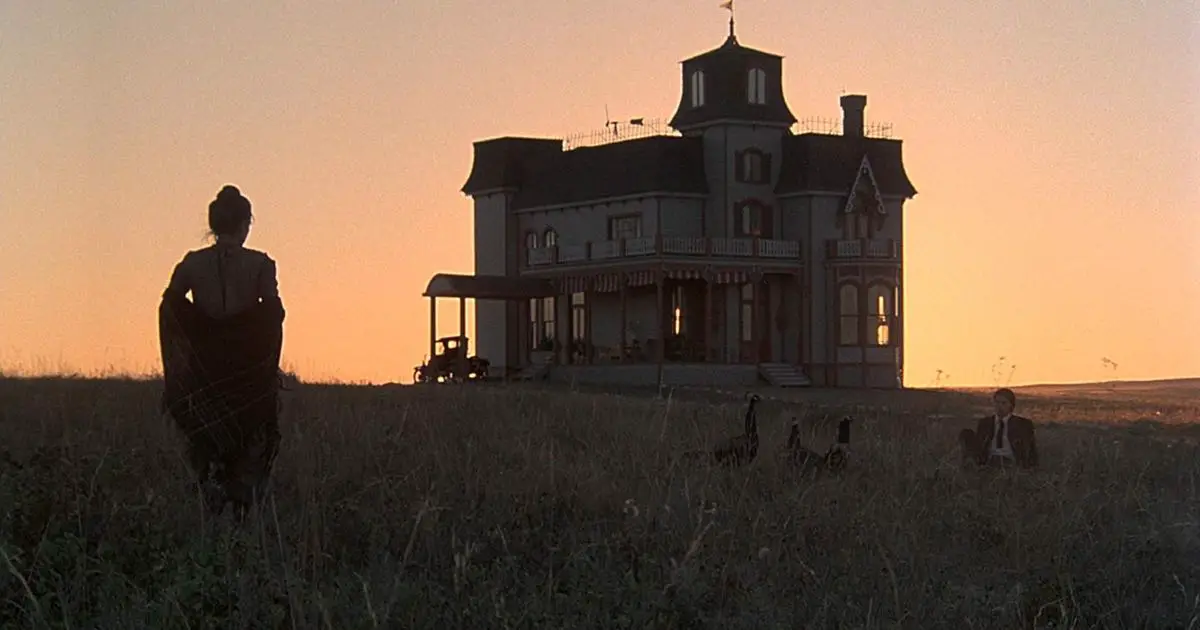
Terrence Malick’s Days of Heaven is his most aesthetic and spellbinding film so far. Very few directors master the art of juggling characters and maneuvering them to their fullest extent. Malick stands on top of that list. Extracting the best from the cast, he rendered a rich and highly evocative film that moved the audience and critics alike. Nonetheless, it found no nomination for the Best Picture and had to do with just one award for Best Cinematography.
1978 was the year Hollywood started to deeply explore the psychological aftereffects of the Vietnam War on the American soldiers. Couple of years back, Scorsese’s Taxi Driver revolved around a PTSD-afflicted Vietnam war veteran. Michael Cimino’s The Deer Hunter was a distressing as well as poignant look at the American soldiers’ harrowing experience. Naturally, the top prize went to that film.
9. Raging Bull (1980)
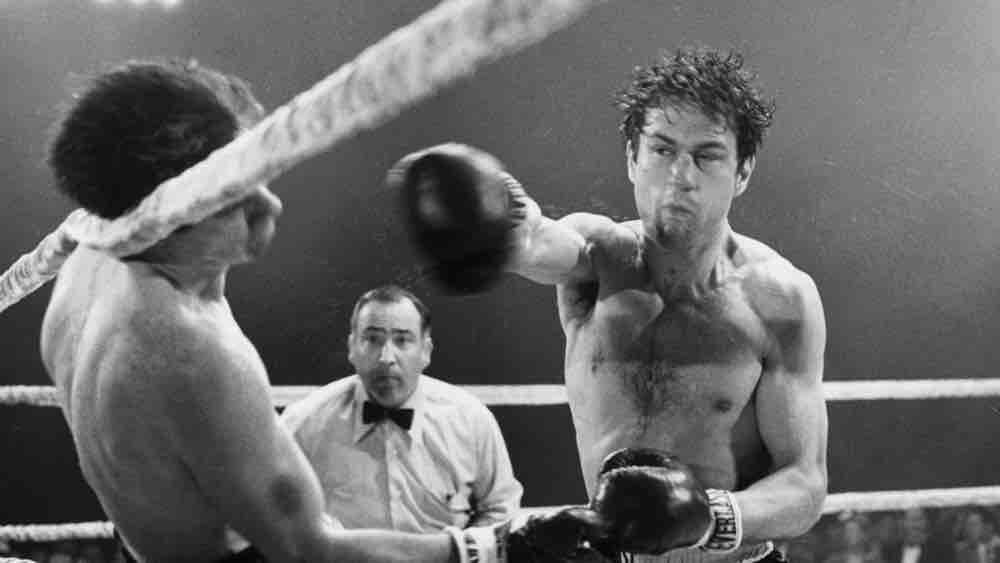
Robert de Niro won his first Oscar in the Best Actor category for his stunning performance as the fiery boxer Jake LaMotta. In terms of production, writing, and direction, Raging Bull was clearly ahead of its time. But Robert Redford’s Ordinary People walked away with the Best Picture that year. Of course, Redford’s film was a superbly acted and crafted drama about a suburban family coping with a huge loss. Yet over the years, there have been plenty of films made on the subject, some of which are superior to Ordinary People — In the Bedroom (2001) and Manchester by the Sea (2016), for instance.
Raging Bull, however, was a very unique character study as well as boxing drama. There has been nothing like it so far. It deeply explores the almost animalistic appetite and self-destructive attitude that defines the rise and fall of Jake LaMotta. Yet another disappointing Best Picture snub from The Academy.
10. Full Metal Jacket (1987)
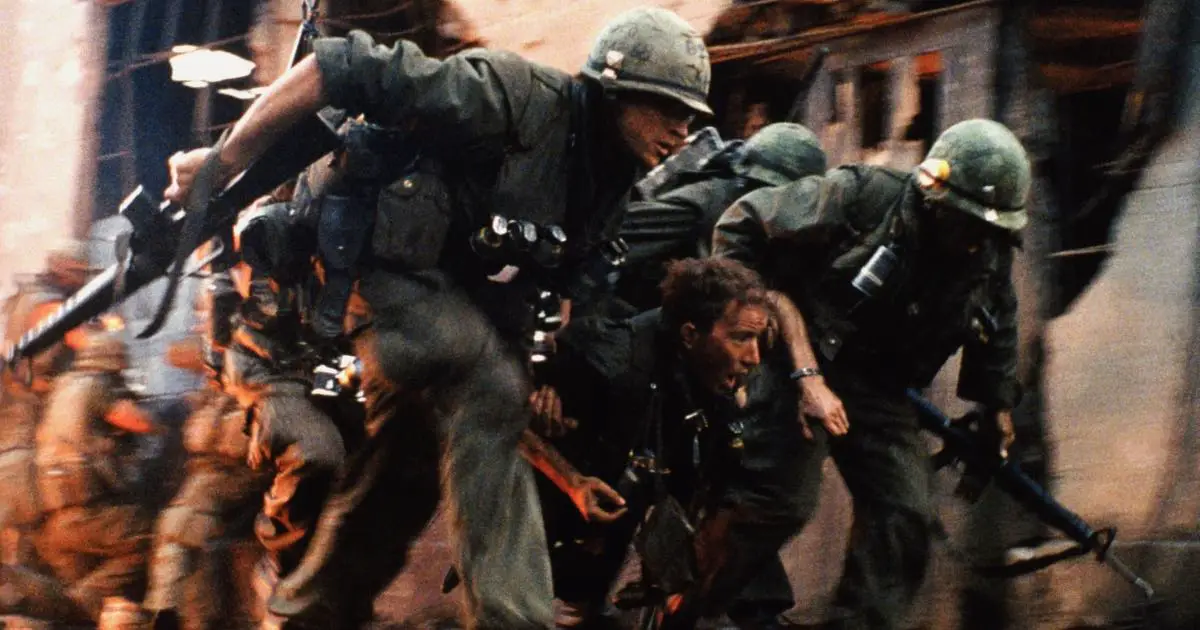
This was the third time the jury chose to ignore a Kubrick film. Hailed as one of the finest war movies ever made, it changed people’s perspective towards men living in war zones. Full Metal Jacket was raw and real. The entire boot-camp segment was immensely hard-hitting and thought-provoking. Juxtaposing war with hell, it crushed over-the-top, commercial films like Top Gun. But it only went as far as one nomination for Best Adapted Screenplay.
By the time Full Metal Jacket was made, there were several war films on the same subject. Though Kubrick’s take was very unique, The Academy gave the Best Picture award the previous year to Oliver Stone’s Platoon, a Vietnam war drama. Moreover, it’s interesting that the Best Picture went to Bertolucci’s obscure arthouse drama The Last Emperor.
11. The Shawshank Redemption/Pulp Fiction (1994)
It’s criminal to call yourself a cinephile if you haven’t seen The Shawshank Redemption and Pulp Fiction. Both films are the centerpieces of contemporary cinema. Abundantly loved and admired, they were powerful and sort of game changers. Tarantino’s neo-noir film consisted of a non-linear narrative and an eclectic soundtrack to back its delectable attitude and style. And Frank Darabont’s The Shawshank Redemption message of hope still resonates with and continues to inspire people. It’s the #1 film in IMDb Top250 list.
Forrest Gump’s Best Picture win was a shocker that year. Robert Zemeckis’ film was undoubtedly a decent feel-good entertainer, but far less superior compared to its counterparts. However, Forrest Gump’s victory was inevitable. We know The Academy’s love for feel-good dramas. And Forrest is the most American character, who exemplifies the ideals associated with white American culture and social standards.
12. Pan’s Labyrinth (2006)
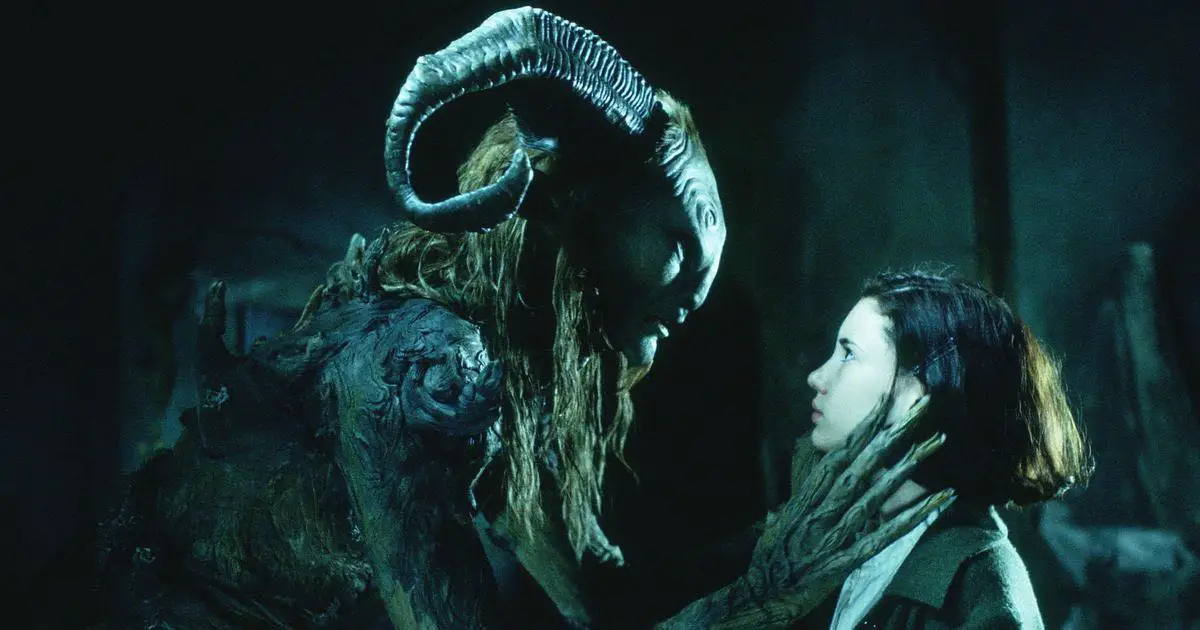
‘Will a foreign language film ever win a Best Picture Oscar?’ was an all-too pervasive question until Parasite’s win at the 2020 Oscars. But back then, Guillermo del Toro’s fantasy masterpiece being snubbed was a crushing disappointment. It didn’t even get a Best Picture nomination. In the Best Foreign Film category, Pan’s Labyrinth lost the award to the cold-war drama The Lives of Others. But Bong Joon-ho’s win and Drive My Car’s nomination in the 2022 Oscars offers much hope.
Set in the Spanish Civil War era, Pan’s Labyrinth was about a girl who discovers an underworld realm. As poetic as a ballad dance, the film embodied socio-political themes with fantastical elements. It was one-of-its-kind films that got better in every viewing. Nominated in six categories, it won three Oscars (for cinematography, art direction, and makeup). Guillermo was also eventually honored with the Best Director Oscar for The Shape of Water (2017).
13. The Social Network (2010)
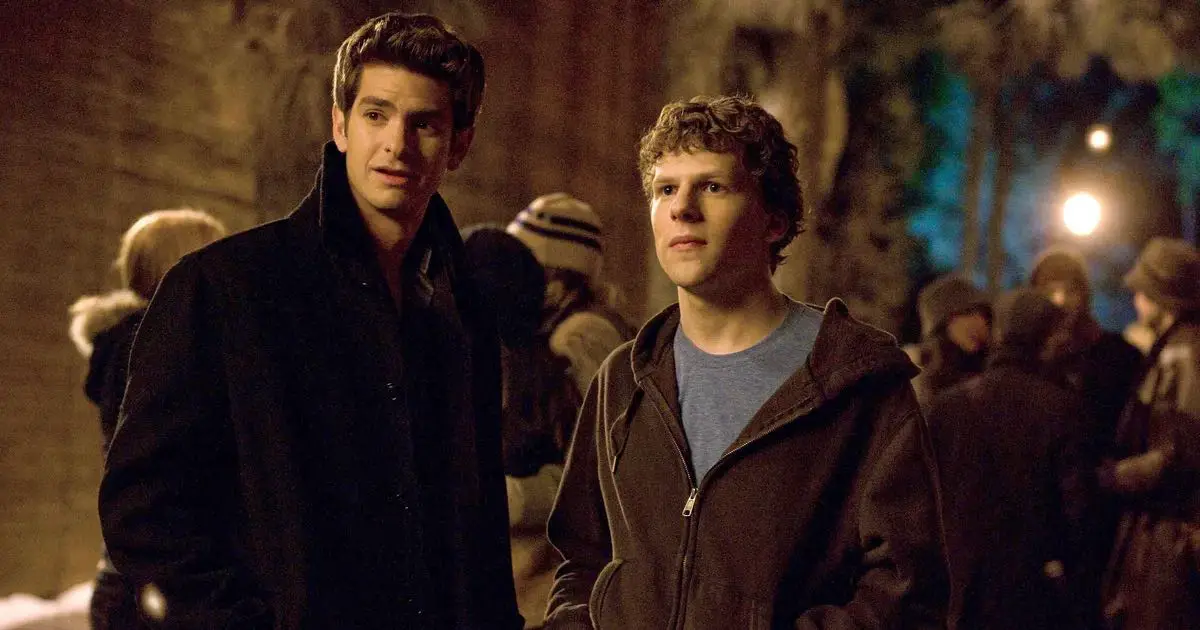
The Academy’s choices are sometimes frustrating, not just because the jury members have snubbed a great film, but also because an undeserving film secures a victory. I have already mentioned a few titles above. However, one of the most upsetting snubs was David Fincher’s The Social Network losing to The King’s Speech. Written by the brilliant Aaron Sorkin, Fincher’s film portrayed the compelling origin story of Facebook. Jesse Eisenberg and Andrew Garfield were absolutely phenomenal in the central roles.
Fincher’s movie asks difficult questions about the tech giants and their business practices that are more relevant than ever. It ushered in a fresh understanding about Silicon Valley culture. The King’s Speech, on the other hand, is a straightforward feel-good tale about the royal class. It didn’t have any social relevance that could make it memorable beyond the awards season.
Wrapping Up
What, according to you, are some of the most glaring Oscar Best Picture snubs? Oscars’ hallowed reputation in the film world has waned over the years. Like every award-giving organization, The Academy also suffers from its own set of biases and short-sightedness. Still the awareness regarding intersectionality and lack of diversity in Oscar campaigns has brought about gradual changes. Of course, there’s the misconception that The Academy Awards cover the broad range of cinema the world has to offer. It’s predominantly about American movies, and naturally there are politics and business intertwined to it. So, Oscars surprises and its egregious snubs don’t surprise us after all.
Additional writing by Arun Kumar

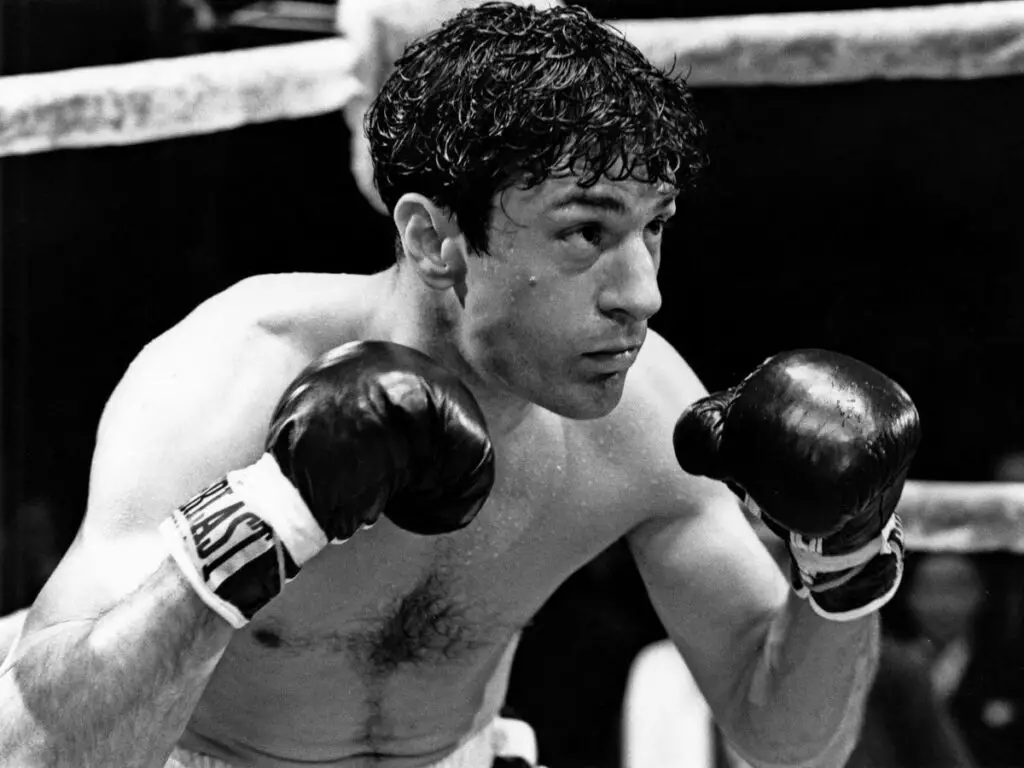

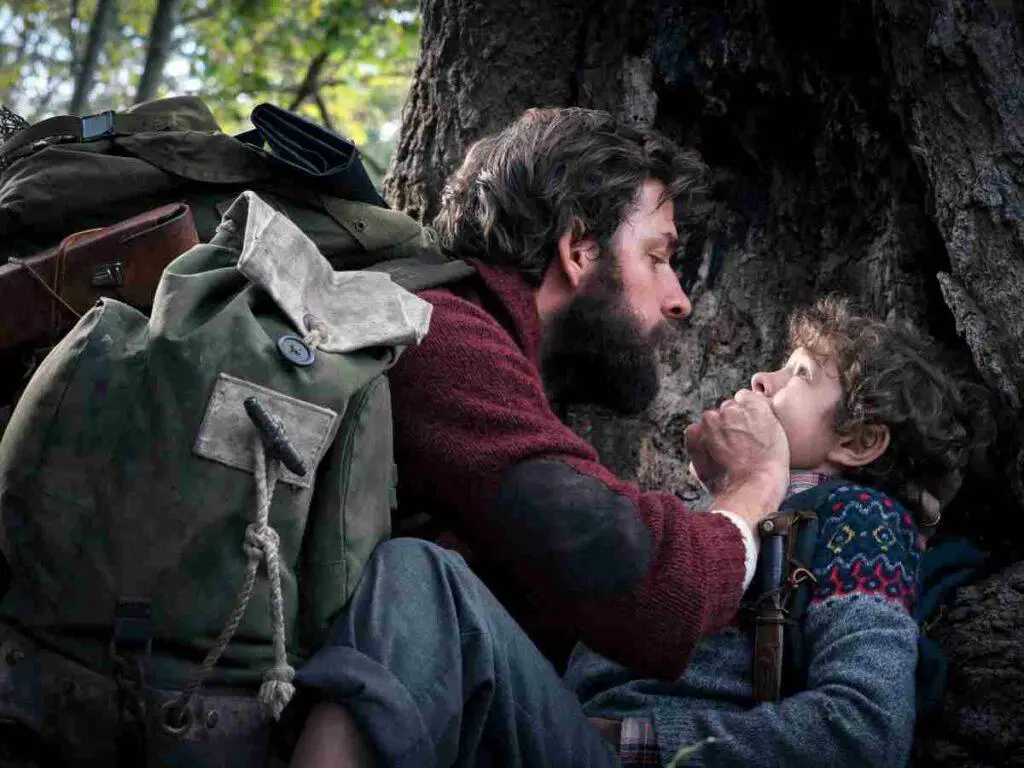
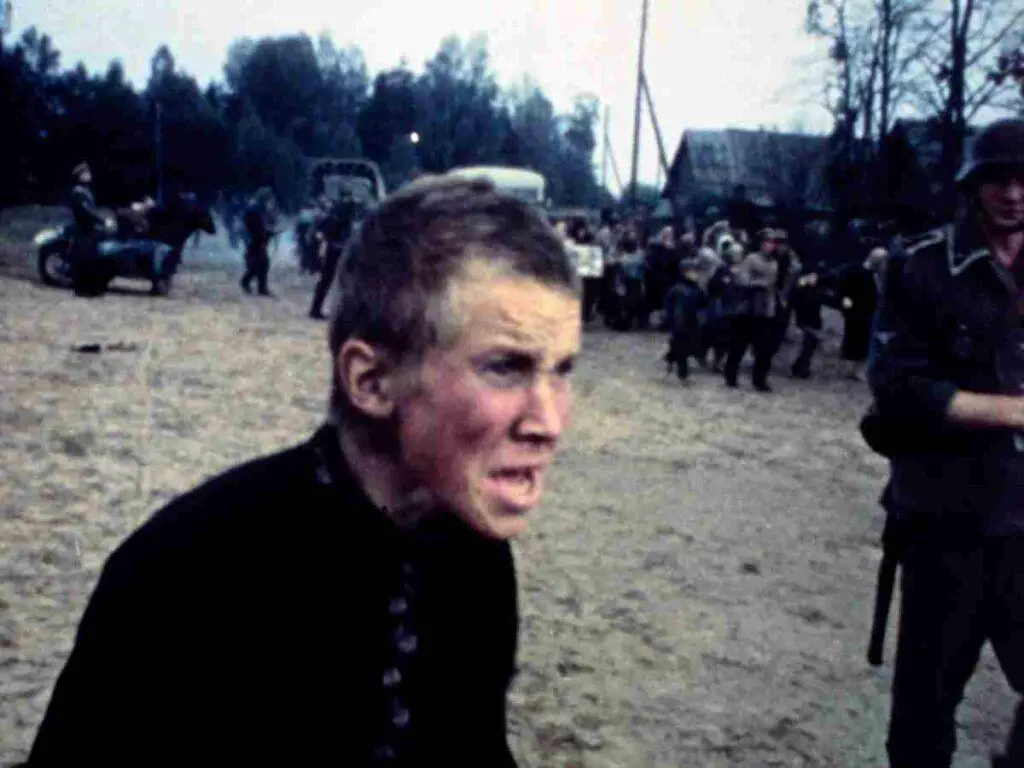
The Searchers, The Shootist, The Cowboys